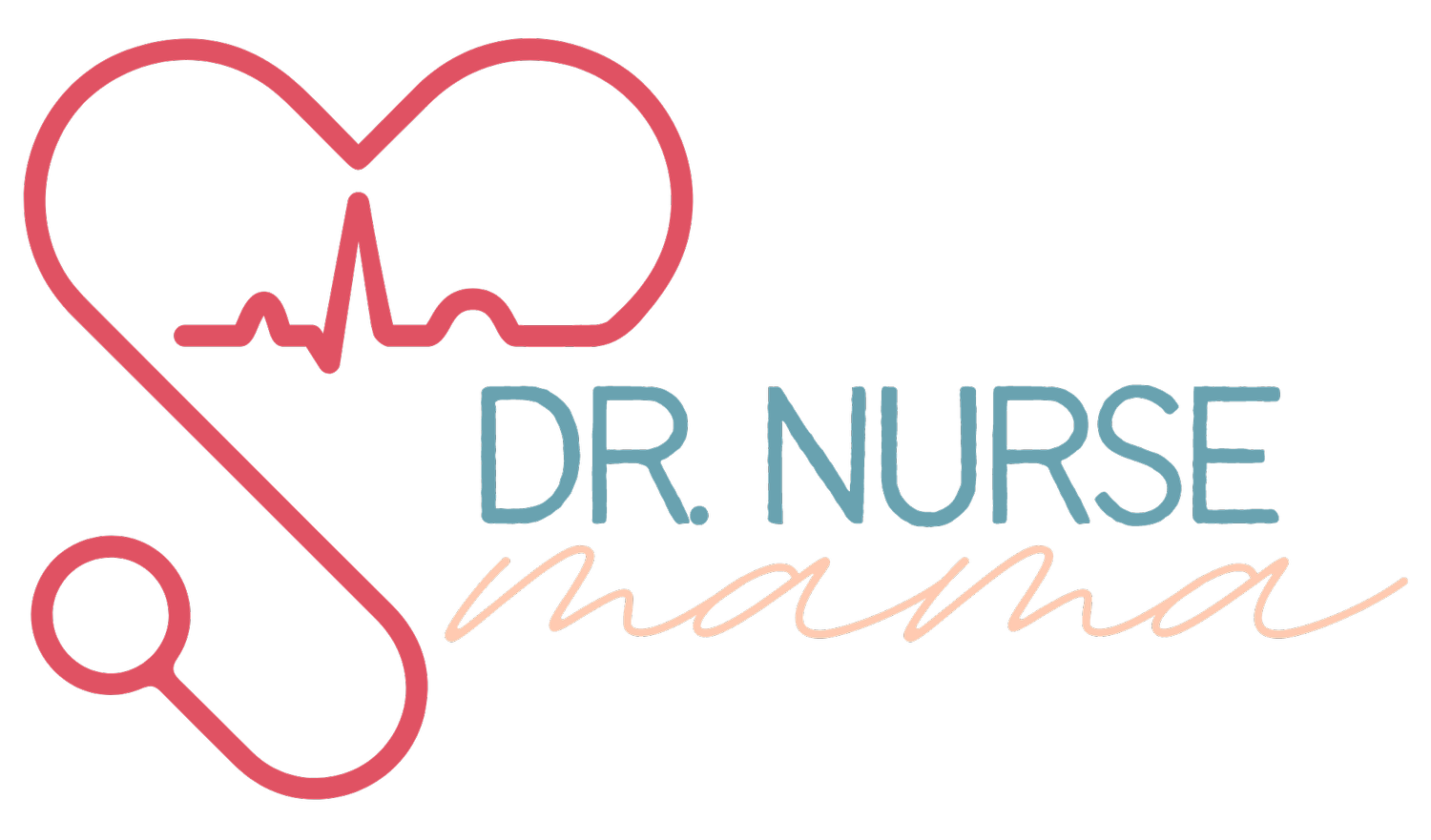Identity
Who am I?
It’s a question we all ask ourselves daily, if not hourly.
And for those of us born post-2000, in a time where denim on denim was socially acceptable and we convinced our moms to buy us a $40 sequin puppy shirt from Justice (and my goodness why did they say yes?), this question seems to have no answer. Perhaps it’s because we think we have no escape or solitude to ponder the answer. Our phones follow us home, magnetized to our hands as we fall asleep and glued to our eyes when we wake.
Instagram, TikTok and even Pinterest are just tools of comparison…
that pesky thief of joy.
So, we are left with the same question day after day – who am I?
We know who society says we are: not skinny enough, not smart enough, not fashionable enough, not rich enough.
We know who our peers say we are: always being watched socially, every word evaluated, every Instagram post examined.
We know who our parents say we are: always their child but seemingly not enough, always pride-worthy but often not pleased with.
We know who we say we are: insufficient, lonely, discouraged and defeated.
With all these voices infiltrating every part of our identity, every part that composes our truest selves, we often miss the most important.
Who does God say I am?
Before we ask ‘who does God say I am,’ perhaps we must ask ourselves, ‘who do we say God is?’
Do we picture God as a judge, heaping scorn and shame upon us for all of our missteps?
Do we picture God as distant, just as our earthly father seems to be or how those we place our closest trust in fail us?
Do we picture God as spiteful, punishing the innocent, including ourselves, and never giving any reason?
Who do we say God is?
As twentieth century theologian Tozer says, what we think about God will inform every aspect of what we think about ourselves.
God is in fact a judge, but He rules mercy.
God is never distant; He remains ever near, especially to the brokenhearted.
God is abundant in steadfast love, orchestrating all situations for His glory and our good.
When our perspective of God is properly ordered, everything falls into place for our perspective of who we are.
God calls us redeemed. God calls us restored. God calls us loved. God calls us chosen. God calls us sons and daughters. God calls us loved. God calls us never forsaken. God calls us His very own.
And above all of this, God delights in us.
There is nothing we could ever possibly do to remove this from the very core of our identity.
We will never have Him call us all the things the world does.
If we want to know the answer to who God is, we must know who we are.
Culture is not easily silenced.
It takes practice and it takes prayer.
It takes purposeful distancing, purposefully putting your phone on Do Not Disturb.
It takes effort, and pain, and discouraging days.
But in our weakness, we are made strong.
We need to stop letting the world deconstruct who we are and put us back together how it wants.
Every time they finish molding us to their ideal standard, they will begin again.
Because it’s true you will never be enough – you will never be enough for the world.
I am never enough for this world.
So who am I?
First, I challenge you to find out who God is. Talk to Him. Read what He has miraculously preserved for us for thousands and thousands of years through the Bible. Love His people and get involved in a local church. His voice is a soft whisper, and in today’s distracting culture it can be easy to miss. Don’t miss it. Learn its presence; learn its guidance and stillness.
Draw near to God, and He will draw near to you.
Ask Him who you are. He will answer.
And instead of what the world tells you, calling you unworthy and never enough, He will call you His own. He will call you loved.
Who am I?
I am safe and secure in the arms of a loving Father.







